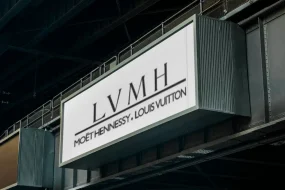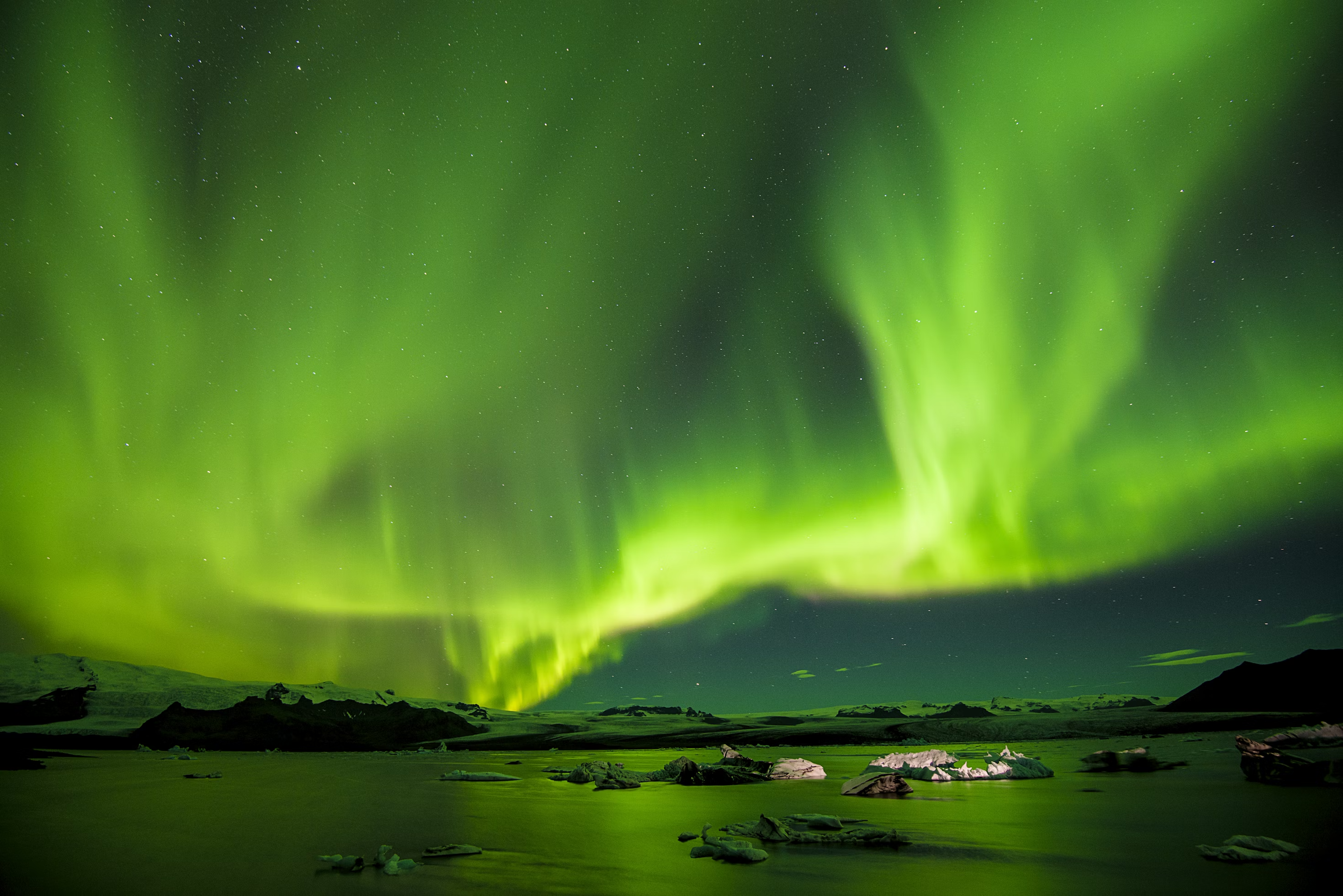If you’re delving into the realm of film festivals, you’re probably interested in identifying the noteworthy ones. Amidst the multitude of gatherings spotlighting the cinematic arts, a select few emerge as particularly prominent and esteemed. These are commonly known as the “Big Five” film festivals, celebrated for their rich heritage, importance, and profound influence on the film landscape.
Cannes Film Festival
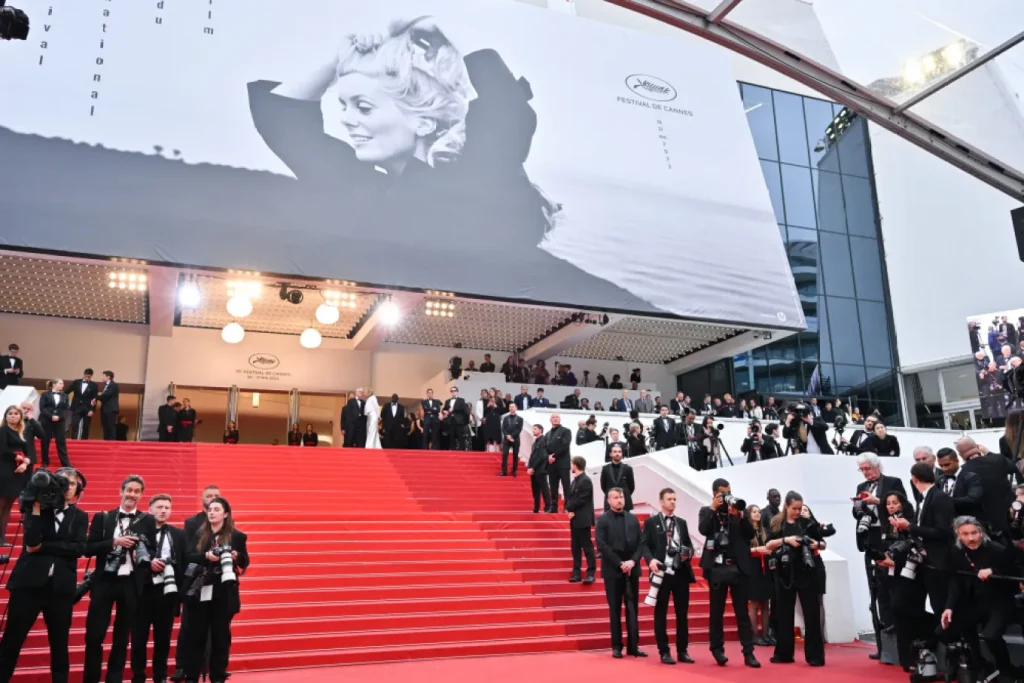
The Cannes Film Festival, held annually in the glamorous French Riviera, is renowned for its red carpet glamour and discerning selection of films. One of the most iconic winners in Cannes history is Quentin Tarantino’s “Pulp Fiction” (1994). This neo-noir masterpiece captivated audiences and critics alike with its non-linear narrative, razor-sharp dialogue, and unforgettable characters. Tarantino’s bold storytelling earned him the festival’s highest honor, the Palme d’Or, and solidified his status as a visionary filmmaker.
Another Cannes darling is Francis Ford Coppola’s “Apocalypse Now” (1979). This epic war film, inspired by Joseph Conrad’s “Heart of Darkness,” mesmerized audiences with its stunning visuals, haunting soundtrack, and profound exploration of the human psyche in times of conflict. “Apocalypse Now” received the prestigious Palme d’Or, cementing its place in cinematic history as a monumental achievement in storytelling.
Berlin International Film Festival
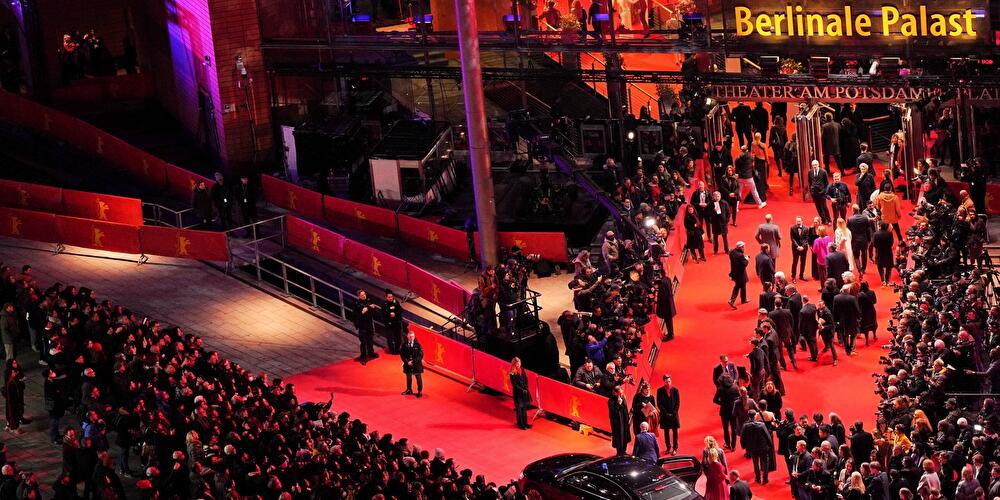
The Berlin International Film Festival, also known as the Berlinale, is one of the world’s leading film festivals, held annually in the German capital. One standout film that captured hearts and minds at Berlinale is Wes Anderson’s “The Grand Budapest Hotel” (2014). Anderson’s whimsical tale of a legendary concierge and his lobby boy navigating a world on the brink of war enchanted audiences with its meticulous production design, quirky characters, and poignant storytelling. “The Grand Budapest Hotel” received critical acclaim and won the festival’s coveted Golden Bear award, solidifying its place as a modern classic.
Another Berlinale favorite is Terrence Malick’s “The Thin Red Line” (1998). This meditative war epic, set during the Battle of Guadalcanal in World War II, stunned audiences with its breathtaking cinematography, philosophical musings, and ensemble cast. Malick’s poetic exploration of the nature of war and humanity earned him the festival’s Golden Bear award, reaffirming his status as a master filmmaker.
Venice Film Festival
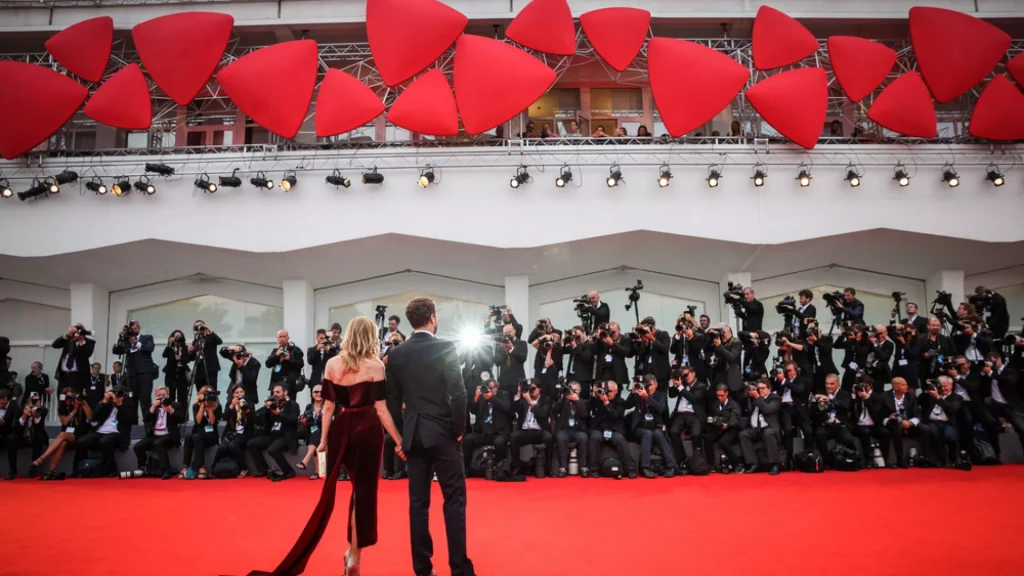
The Venice Film Festival, held annually on the picturesque Lido Island, is the oldest film festival in the world and boasts a rich history of showcasing groundbreaking cinema. One recent triumph at Venice is Todd Phillips’ “Joker” (2019). This bold reimagining of the iconic DC Comics villain mesmerized audiences with Joaquin Phoenix’s haunting portrayal of Arthur Fleck, a failed comedian descending into madness. “Joker” received critical acclaim and won the festival’s prestigious Golden Lion award, catapulting it to global success and sparking conversations about mental health and society.
Another Venice sensation is Ang Lee’s “Brokeback Mountain” (2005). This poignant love story between two cowboys, portrayed by Heath Ledger and Jake Gyllenhaal, captivated audiences with its raw emotion, breathtaking scenery, and groundbreaking portrayal of LGBTQ+ themes. “Brokeback Mountain” received the festival’s Golden Lion award and garnered widespread acclaim, earning its place as a timeless classic in cinematic history.
Toronto International Film Festival

The Toronto International Film Festival, held annually in the vibrant Canadian city, is renowned for its diverse selection of films from around the world. One standout success at TIFF is Danny Boyle’s “Slumdog Millionaire” (2008). This heartwarming tale of a young slum dweller’s journey to win the Indian version of “Who Wants to Be a Millionaire?” captivated audiences with its vibrant cinematography, infectious energy, and universal themes of love and resilience. “Slumdog Millionaire” received critical acclaim and went on to win the festival’s prestigious People’s Choice Award, foreshadowing its subsequent sweep at the Academy Awards.
Another TIFF favorite is Steve McQueen’s “12 Years a Slave” (2013). This harrowing true story of Solomon Northup, a free African-American man who was kidnapped and sold into slavery in the antebellum United States, shocked audiences with its unflinching portrayal of the brutality of slavery and the resilience of the human spirit. “12 Years a Slave” received widespread acclaim and won the festival’s People’s Choice Award, paving the way for its triumph at the Oscars.
Sundance Film Festival
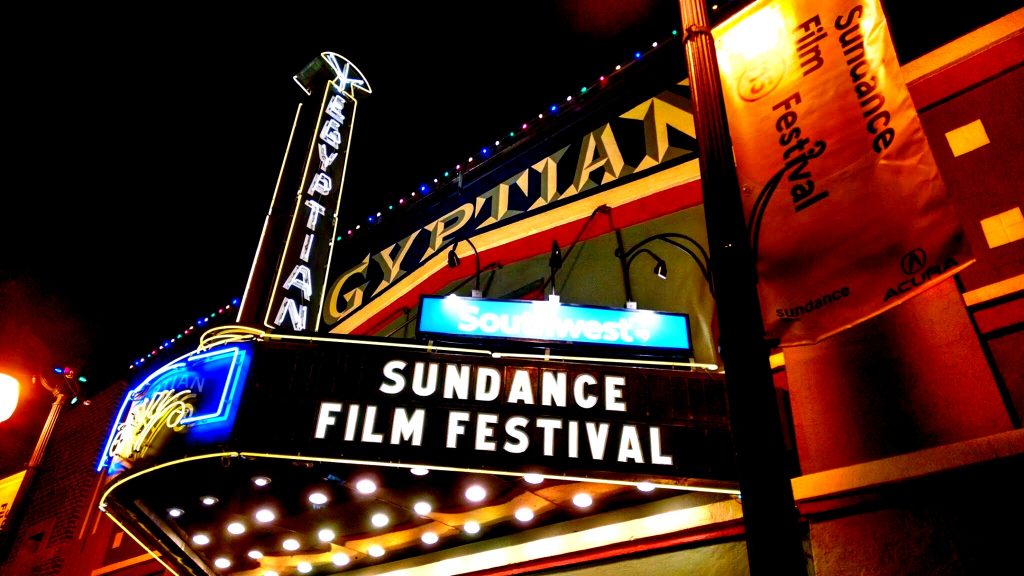
The Sundance Film Festival, held annually in the picturesque ski resort town of Park City, Utah, is the largest independent film festival in the United States. One breakout success at Sundance is Quentin Tarantino’s “Reservoir Dogs” (1992). This stylish crime thriller, which follows a botched diamond heist and its violent aftermath, announced Tarantino as a bold new voice in cinema with its sharp dialogue, nonlinear narrative, and unforgettable characters. “Reservoir Dogs” received critical acclaim and launched Tarantino’s illustrious career.
Another Sundance standout is Damien Chazelle’s “Whiplash” (2014). This electrifying drama, which explores the toxic relationship between a young jazz drummer and his abusive instructor, mesmerized audiences with its riveting performances, pulse-pounding soundtrack, and intense emotional depth. “Whiplash” received critical acclaim and won the festival’s Grand Jury Prize and Audience Award, propelling Chazelle to stardom and setting the stage for his subsequent success with “La La Land.”
Indeed, the “Big Five” film festivals serve as a beacon for cinematic excellence, showcasing groundbreaking films that push the boundaries of storytelling and captivate audiences around the world. The most successful movies in the history of these festivals have not only received critical acclaim and prestigious awards but have also left an indelible mark on cinematic history, inspiring generations of filmmakers and audiences alike. As we eagerly anticipate the next wave of cinematic masterpieces, let us celebrate the enduring legacy of these iconic festivals and the transformative power of storytelling on the silver screen.











